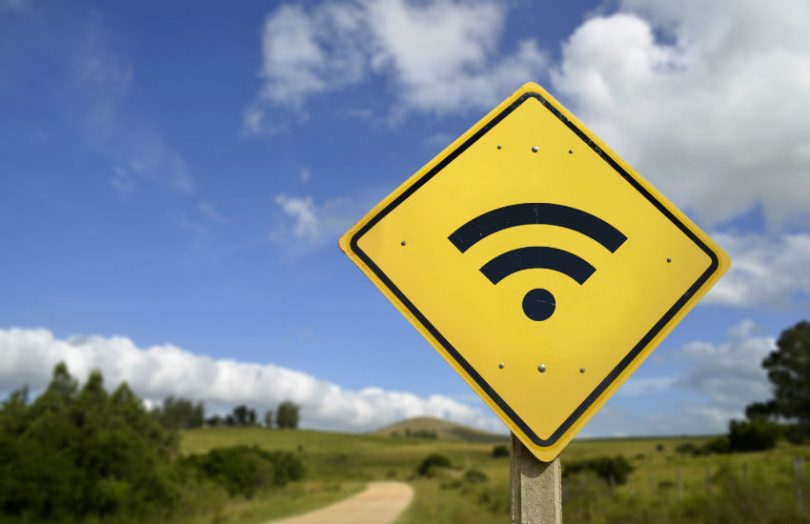Wayru, a decentralized network aiming to provide a low-cost WiFi option in under-served areas, completed a $1.96 million seed round of funding led by venture capital firm Borderless Capital. The investment will cover working capital and marketing expenses for the next twelve months. Today another blockchain WiFi network, Hexagon, also announced a $2 million seed funding.
Internet connectivity can be scarce in vulnerable communities in low and middle-income countries. Studies show that raising internet penetration from 35% to 75% can add up to $2 trillion in cumulative GDP and generate over 140 million jobs worldwide, according to the World Bank.
Wayru wants to address this by creating a decentralized internet service provider (ISP).
The company was founded in 2021 to respond to the poor internet connectivity highlighted by the pandemic. Through the platform, users are able to set up a node with off-the-shelf WiFi hardware and enable other users nearby to connect to the node. The original node creators will earn Wayru tokens for every connected user.
Wayru also has a charitable offering, AirBlocks, sold as non-fungible tokens (NFTs). 80% of AirBlock sales pay for internet connectivity for those that cannot afford it in a city chosen by the purchaser. The AirBlock NFT comes with digital art that can be collected or traded in a secondary marketplace.
Both the nodes and NFT services are powered by Algorand’s blockchain.
Another telecoms blockchain project Helium follows a similar structure and has presented successful results so far, recently raising $200 million with investors including Deutsche Telekom and Liberty Global.
The main difference is that Helium is focused on IoT technology and uses a particular WiFi protocol LoRaWAN. In contrast, Wayru is looking to provide WiFi for under-served areas. The reason why these areas have low internet connectivity in the first place might be because they are not economically viable. Hence there’s a possibility Wayru might become reliant on AirBlocks and could suffer if its token doesn’t increase in value significantly.
Meanwhile, other projects in Latin America using blockchain include regional blockchain network LACNet, ChromaWay’s blockchain land registry, and a blockchain bond pilot conducted by the Inter-American Development Bank and the Colombian Central Bank.






